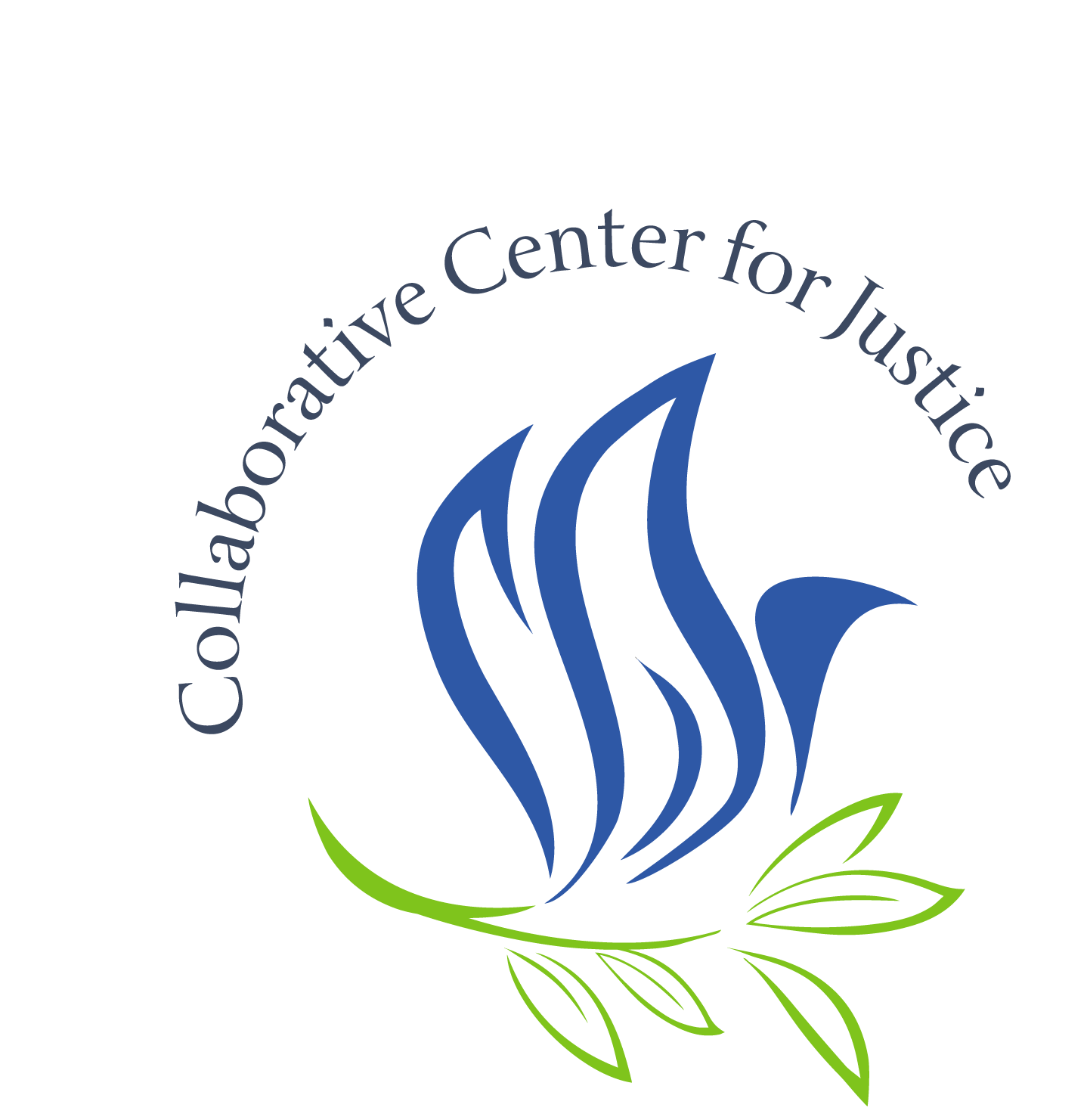
Some Major Themes from Catholic Social Teaching
Dignity of the Human Person
Every human person is created in the image and likeness of God. All people are sacred. People do not lose dignity because of disability, poverty, age, gender, or lack of success, race or ethnicity.
Community & the Common Good
Human dignity is realized in community with others and with all of creation. The human person is both sacred and social. Society must be shaped to contribute to the individual and the common good through our economic, political and social institutions. Promoting the common good is not compatible with homelessness, hunger, unemployment, and injustice.
Rights & Responsibilities
People have a fundamental right to life, food, shelter, health care, education and employment. People have a right to participate in the decisions which affect their lives.
Option for the Poor
The moral test of a society is how it treats its most vulnerable members. We are called to look at public policy decisions through the eyes of persons who are made poor and kept poor. A just society is achieved only when the needs of the poor in society are given first priority.
Solidarity
We are one human family. Our responsibilities to each other cross national, racial, economic and ideological differences. The interconnection among all peoples calls us to value and respect the experience of all. We are called to work globally for justice.
Dignity of Work
People have a right to decent and productive work, fair wages, private property and economic initiative. The economy exists to serve people, not the other way around. Work provides a person with an opportunity to contribute to the common good and to participate in the social and economic order. Living wages with benefits and good working conditions are essential.
Care for God's Creation
Our stewardship of the Earth is a kind of participation in God’s act of creating and sustaining the world. In being responsible partners with the Earth, we learn about and respect its resources and systems. In our use of resources, we must be guided by our concern for the welfare of others, both around the world and for generations to come.
Social Analysis
Social Analysis is a term for reading the signs of the times with Christian eyes. Any issue can be used in this process, which helps us integrate justice in our daily lives-from the way we read the newspaper to the decisions we make in the workplace.
SEE
- What is your experience of the issue?
- What was the experience of others affected by this issue?
- When did this problem begin? What has changed over time?
- What are the economic, political, cultural and social factors that play a role in this situation?
JUDGE
- Why are things this way?
- Who makes decisions?
- Who gets left out?
- What would be Good News to the victims?
- How does scripture speak to this problem?
- What do the social teachings of the Church tell us about how to respond?
ACT
- How can we engage others in this issue?
- Who has the power to make changes for justice?
- How do we approach them? What is our specific proposition?
- Will this improve the lives of poor people and the vulnerable?
